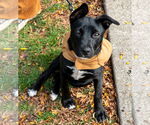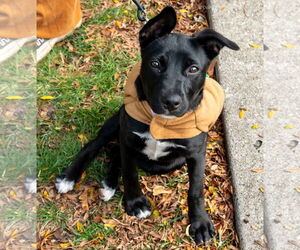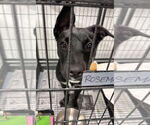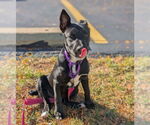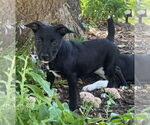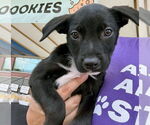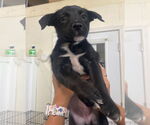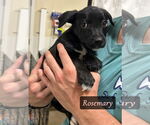Q - ROSEMARY - JACK RUSSELL TERRIER DOG FOR ADOPTION
Jack Russell Terrier Dogs For Adoption in GILBERTS, IL, USA
For Adoption
-
Nickname:
Q - ROSEMARY
-
Breed
-
Gender
Female
-
Age
Baby
-
Location
GILBERTS, IL, 60136 USAUSA
Description
Dog Breed: Jack Russell Terrier. Meet Rosemary! This sweet and feisty little girl may be the runt of the litter, but she’s bursting with personality and charm! Rosemary loves to play with other dogs — big or small — and never lets her size hold her back. She’s curious, confident, and full of energy, with a playful spirit that’s impossible not to love. With a little training, Rosemary will grow into a wonderful family companion who brings endless joy and laughter to her home. ️ Born 6/9/25 Apply to adopt at projecthopearf
-
Behavioral Characteristics
OK with Kids: Yes OK with Dogs: Yes -
Additional Information
Was the Dog Found No
Let PuppyFinder Help!
Save Time. Get The Right Match. Buy Puppy Safer.
CREATE A WANTED ADRescue Information
-
Organization name
Project Hope Animal
-
Location:
GILBERTS, Illinois, 60136 USAUSA
Breed overview

Jack Russell Terrier
A.K.A.: JRT, Shorty Jack, English Jack Russell Terrier, Irish Jack Russell Terrier, Miniature Jack Russell Terrier, Hunt Terrier, Jack Russell, Working Terrier, Russell Terrier, Parson Russell Terrier
Overview:
The Jack Russell Terrier is a small, energetic dog breed originating from England in the mid-1800s, specifically bred by Reverend John Russell for fox hunting. These compact canines are easily recognized by their sturdy, muscular build, typically weighing between 13-17 pounds, with a height of 10-15 inches at the shoulder. Their coats can be smooth, broken, or rough, predominantly white with black, tan, or tricolor markings. Known for their spirited and confident temperament, Jack Russells are highly intelligent but can also be quite stubborn, requiring consistent training and ample mental stimulation. While devoted to their families, their high energy levels and strong prey drive make them better suited for active households with secure outdoor spaces rather than small apartments. They can thrive with children if properly socialized, though supervision is always advised due to their boisterous play. Generally healthy, they can be prone to certain genetic conditions such as patellar luxation, Legg-Calve-Perthes disease, and some eye disorders, making responsible breeding crucial.
See more...